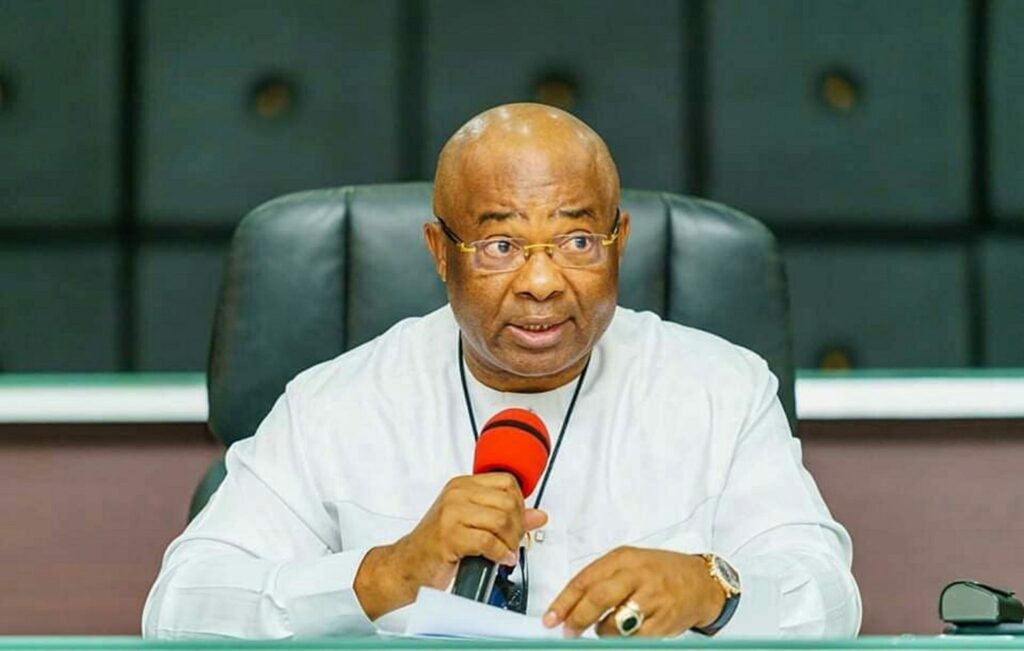- Governor Hope Uzodimma attributes socio-economic challenges to influential groups or “cabals and deities,” commending President Tinubu for addressing these issues
- Uzodimma supports removal of fuel subsidy, linking it to the benefit of a group of cabals and applauds measures for economic consolidation
Governor Hope Uzodimma of Imo State asserted that “cabals and deities” were major beneficiaries of the disparities in foreign exchange and subsidy payments before President Bola Tinubu addressed the situation.
Speaking on Channels Television’s Sunday Politics, Governor Uzodimma suggested that these influential groups were responsible for the nation’s socio-economic challenges. He commended President Tinubu for removing the subsidy on petrol and unifying the foreign exchange windows, referring to these actions as the “passwords to entering the system” of prosperity.
“In my findings and understanding of the country, cabals and deities exist, who must be worshipped before dollar business can be conducted. They are the people sponsoring artificial media, they are the people sponsoring oppositions to come with blackmail and negative propaganda against a very versatile president, who is from the private sector, who means well, who wants to correct the ills of the past,” Governor Uzodimma explained.
He attributed the removal of fuel subsidy to the benefit of a group of cabals who became wealthy overnight at the expense of Nigerians. He criticized those who took advantage of the subsidy system, accumulating wealth and making extravagant purchases.
Governor Uzodimma also addressed the departure of certain companies from Nigeria, dismissing them as not genuine investors but entities profiting from the cabal system. He viewed their exit as an opportunity for indigenous companies to thrive.
Responding to criticisms of President Tinubu’s economic policies, Governor Uzodimma defended the measures, stating that the president aims to consolidate the economy to strengthen the Naira. He acknowledged that the initial stages of economic recovery might pose challenges but emphasized the long-term benefits of a stronger Naira.
